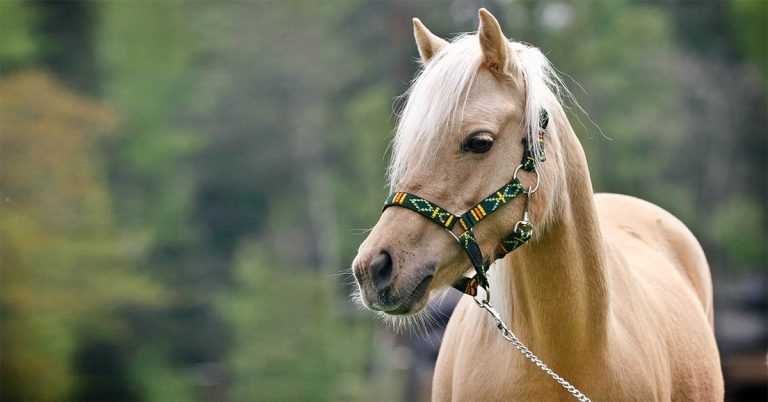22 Oct 2020
Research carried out in Welsh mountain ponies raises the possibility of predicting weight loss success by analysing the faecal microbiome of individual animals.

The research evaluated the weight lost by 15 Welsh mountain ponies fed the same restricted forage diet. Image © Mari_art / Adobe Stock
New research has suggested the amount of weight ponies lose when dieting may be linked to their gut microbes.
Managing the weight of some horses and ponies, to prevent obesity and the associated health risks, can be difficult – but a study by Spillers has highlighted why this may be particularly challenging for some.
Latest research shows how individual ponies differ in the abundance of specific faecal bacterial populations that may allow them to increase their ability to digest fibre, thereby losing less weight when on a diet.
The work – thought to be the first of its kind in this area – also raises the possibility of predicting weight loss success by analysing the faecal microbiome of individual animals.
Clare Barfoot, marketing and research and development director at Spillers, said: “Associations between obesity and the composition of the gut microbiome have been identified in humans and dogs.
“Work in human medicine has also shown that weight loss achieved through dietary restriction or by surgical methods in humans can induce significant alterations in the gut microbiome composition.”
The study was carried out by researchers at the University of Liverpool and Aberystwyth University, plus Scotland’s Rural College, in collaboration with Spillers and the Waltham Equine Studies Group.
Faeces were collected and evaluated during the same 11-week time period, from 15 obese Welsh mountain pony mares, over two years. The ponies were fed the same restricted forage diet. Faeces were sampled before and during the final three days of their diet to determine bacterial community composition.
Results showed significant individual variation in how much weight was lost, with an almost twofold difference in the percentage of weight loss achieved by those losing the greatest and least amounts of weight.
Weight loss was associated with greater pre-diet faecal bacterial diversity and lower pre-diet faecal acetate concentration, in addition to associations between the abundance of specific bacteria that aid in fibre digestion and subsequent weight loss.